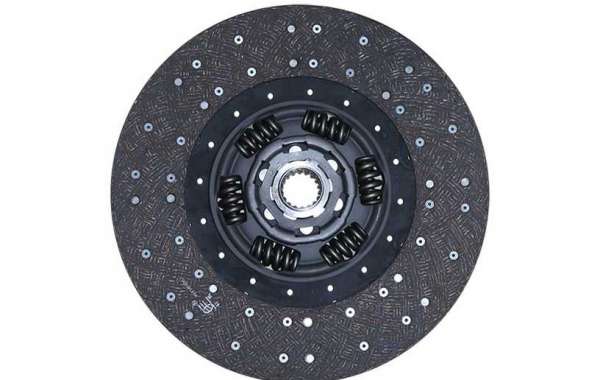When driving a manual transmission car, many drivers will experience changing the clutch plate. Some old drivers may drive more than ten to two hundred thousand without replacing them. There are not many such old drivers. The life of the clutch plate varies from person to person. Like brake discs, good driving habits will have a very long life span. It does not need to be replaced for hundreds of thousands of kilometers. If the driving habits are not good, they may need to be replaced for tens of thousands of kilometers. What we are going to discuss today is how do we know that it should be replaced? What is the fault phenomenon?
- The clutch plate slips during rapid acceleration. The performance is that when the accelerator is stepped deeply, the engine speed can rise rapidly, but the vehicle speed does not increase much. This is the slippage of the clutch plate, causing the engine to run idly, and not all power is transmitted to the gearbox. This is the easiest to feel, whether you drive your own car or someone else's car, you can feel it.
- The clutch has become higher. It means that when you lift it up a little, the clutch is engaged and the car can move forward. Now it has to be lifted very high before the clutch can be engaged and the car can move forward. This is also a phenomenon that the clutch plate is thinner. However, many people often don’t feel it, because their car is driving every day, and the clutch is slowly rising up little by little. It’s not easy to notice that as it rises, they can adapt to this height, so they won’t. I think something is abnormal.
- At the same vehicle speed, the engine speed becomes higher. For example, the original engine can run 100km/h at 2000 revolutions, but now it takes 2300 revolutions. This shows that the clutch is slipping and a part of the power is lost. Clutch slippage will also lead to higher fuel consumption because power is wasted.
Taizhou Benwo Auto Parts Co., Ltd. not only produces clutch plates but is also a clutch cover manufacturer. Welcome customers at home and abroad to come to discuss cooperation.







